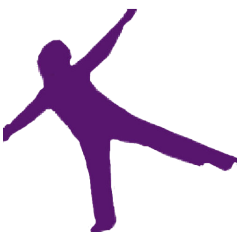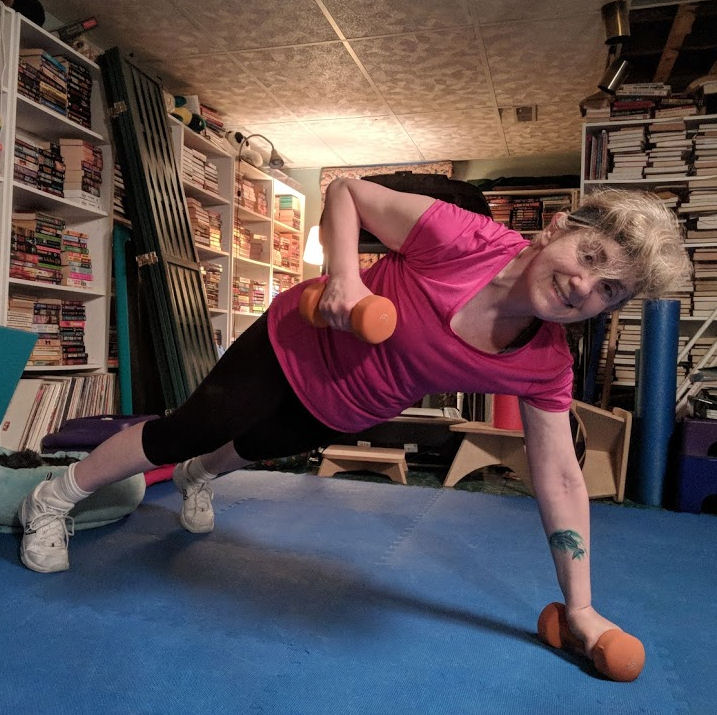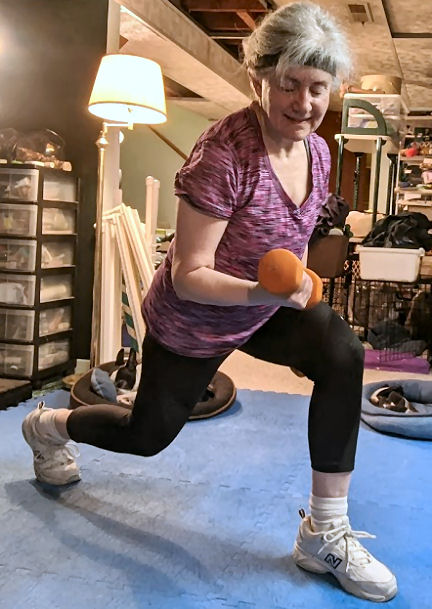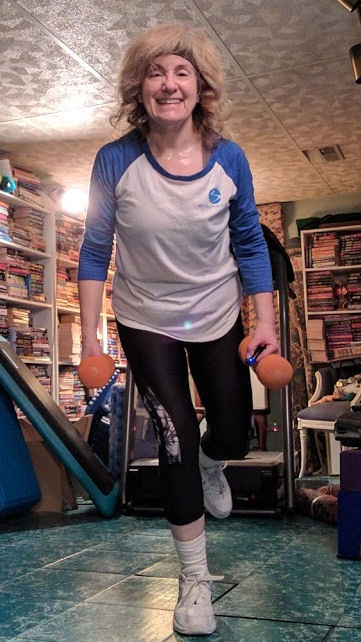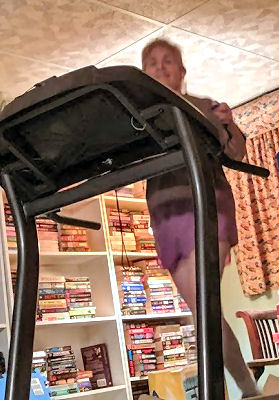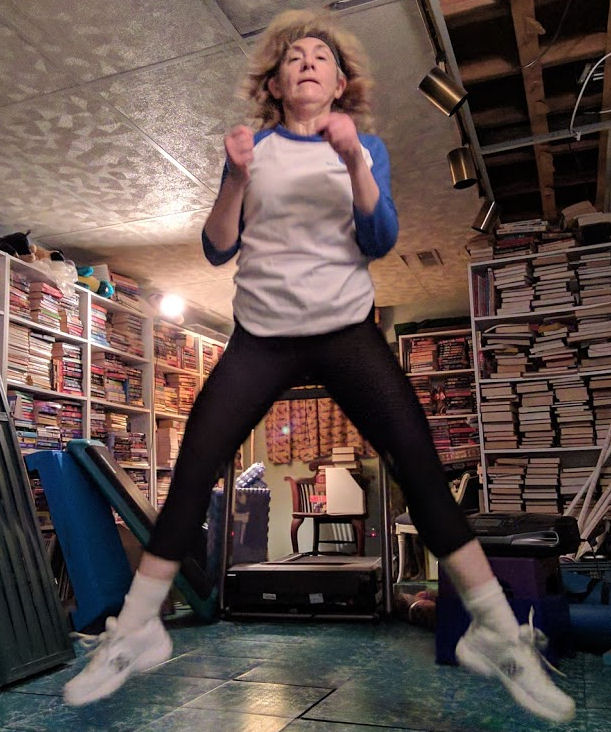Last week was about food. I’m always excited to try new cuisines. No matter the recipe it’s usually possible to make it healthy – cut out excess fats and sugars, substitute another vegetable for a starch. This week is about exercise. It’s time to get excited about exercise!
I’m not a fan of exercise
If you’ve read any of my posts about exercise, you know I’m not a fan. I exercise for the benefits I derive from it, like reducing bad moods and depression. (More reasons to exercise!) It also improves memory and cognition, and increases endurance. Those are definitely reasons to get excited about exercise.
The Centers for Disease Control says that physical activity is essential for healthy aging – but how much exercise is recommended? If you’re up to vigorous-intensity aerobic activity, then 75 minutes a week or more should do it or 150 minutes of moderate-intensity activity. A couple of days of strength work should always be added too – for our muscles and bones!
But I am able to do it
The fact that I’m able to actually move my body to exercise vigorously is a reason to celebrate. I’m not a professional fitness trainer. I was never in the fitness field, in any capacity other than a cheerleader or motivator. My background is in accounting. But, I’ve exercised regularly for years and as a result am able to do the activities I want to do. And that is a reason to get excited about exercise.
So get excited about exercise!
I want everyone out there to be able to take a walk with the dog or the grandkids when they want to (weather permitting, of course). To walk around the mall. When you can’t find a parking spot close to a building, walking from a remote corner should not prevent you from carrying out your errand. Yes, the knees might creak, and it may take a few seconds to unkink the back, but once you do, there should be no stopping you.
And that’s a reason to get excited about exercise.
